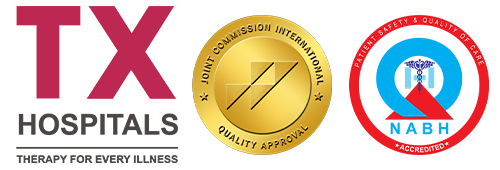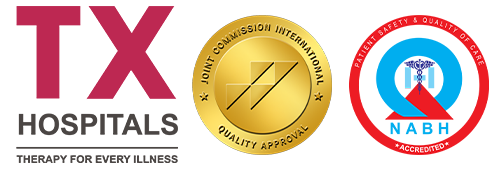Atrial Septal Defect Treatment in Hyderabad
The atrial septal defect (ASD) is a hole in the wall between the two upper chambers of the heart. There are two types of defects associated with the atrial septal large atrial septal defect and small atrial septal defect. The large atrial septal defect may cause a major damage to the heart and lungs, whereas small atrial septal defect may occur incidentally, and may not be harmful or cause a problem. An individual whose atrial septal defect remains undetected for some time might face a shorter span of life because of a heart failure, or blood pressure that is unreasonably high and might even affect the working of arteries in the lungs. The atrial septal defect occurs in the interatrial septum, allowing pulmonary venous return from the left atrium to pass directly to the right atrium. It is a heart defect that is present from birth.
Symptoms
In some individuals, symptoms begin by the age of 30, and in some, the symptoms do not manifest at all. However, the symptoms of this disease shall vary depending upon factors such as age.
- Breathlessness, especially when doing a physical activity.
- Extreme exhaustion.
- Inflammation in the abdomen or legs.
- Infections in the lungs.
- Stroke.
- Unusual murmur of the heart, which can be detected through a stethoscope.
- Skipped heartbeats.
Causes
The cause for atrial septal defect is unknown. The defects are believed to be acquired by a fusion of some genes, and other concerns. For instance, the kind of things the mother acquires in contact with her surroundings, or the kind of diet she is taking, or the medicines she is consuming.
Risks
The main risk factors of the disease include:
- Diabetes.
- Obesity.
- Rubella infection.
Prevention
In order to prevent the occurrence of this disease, one should take care of the following:
- Going through current health conditions and medications.
- Reviewing family medical history.
- Getting tested for immunity to any virus.







